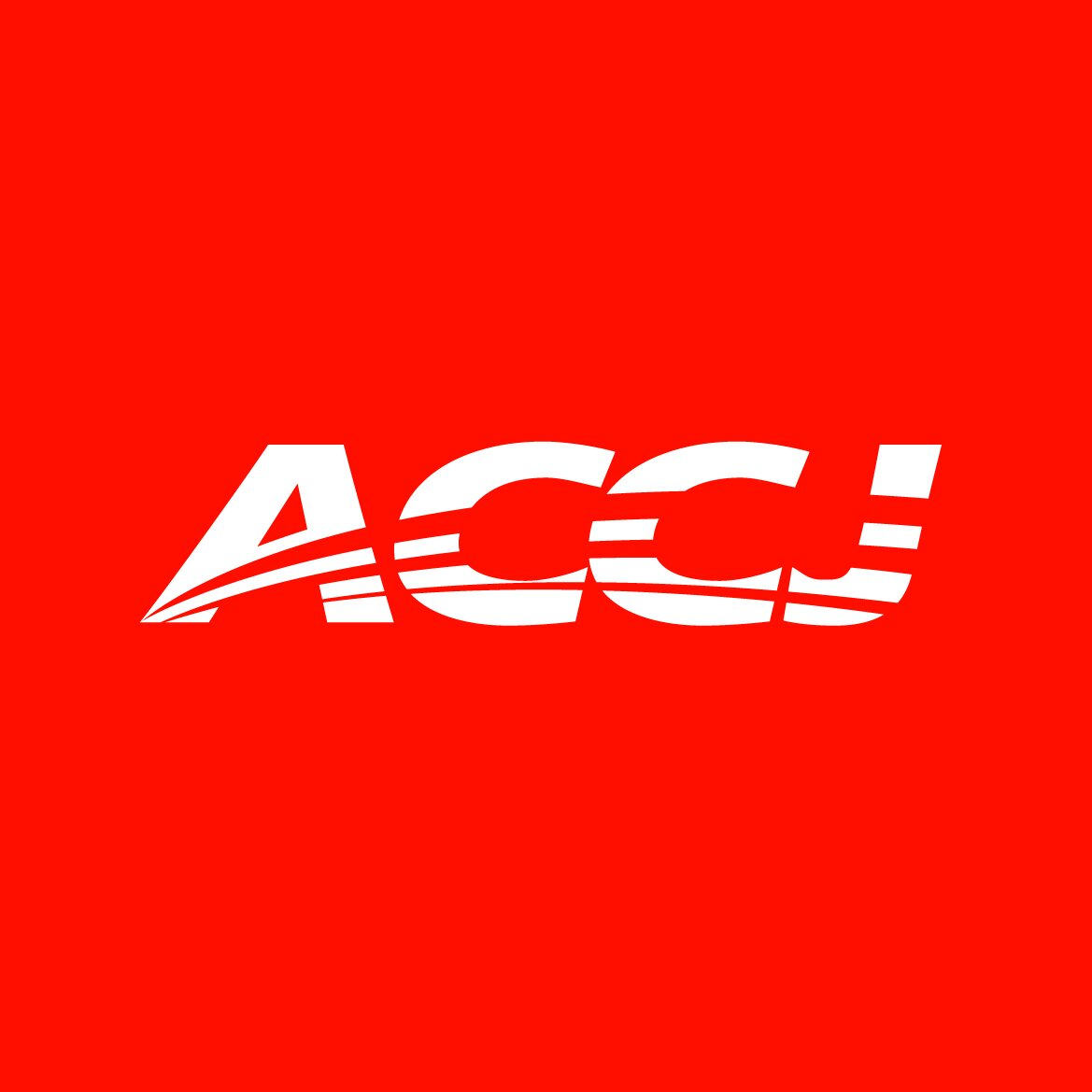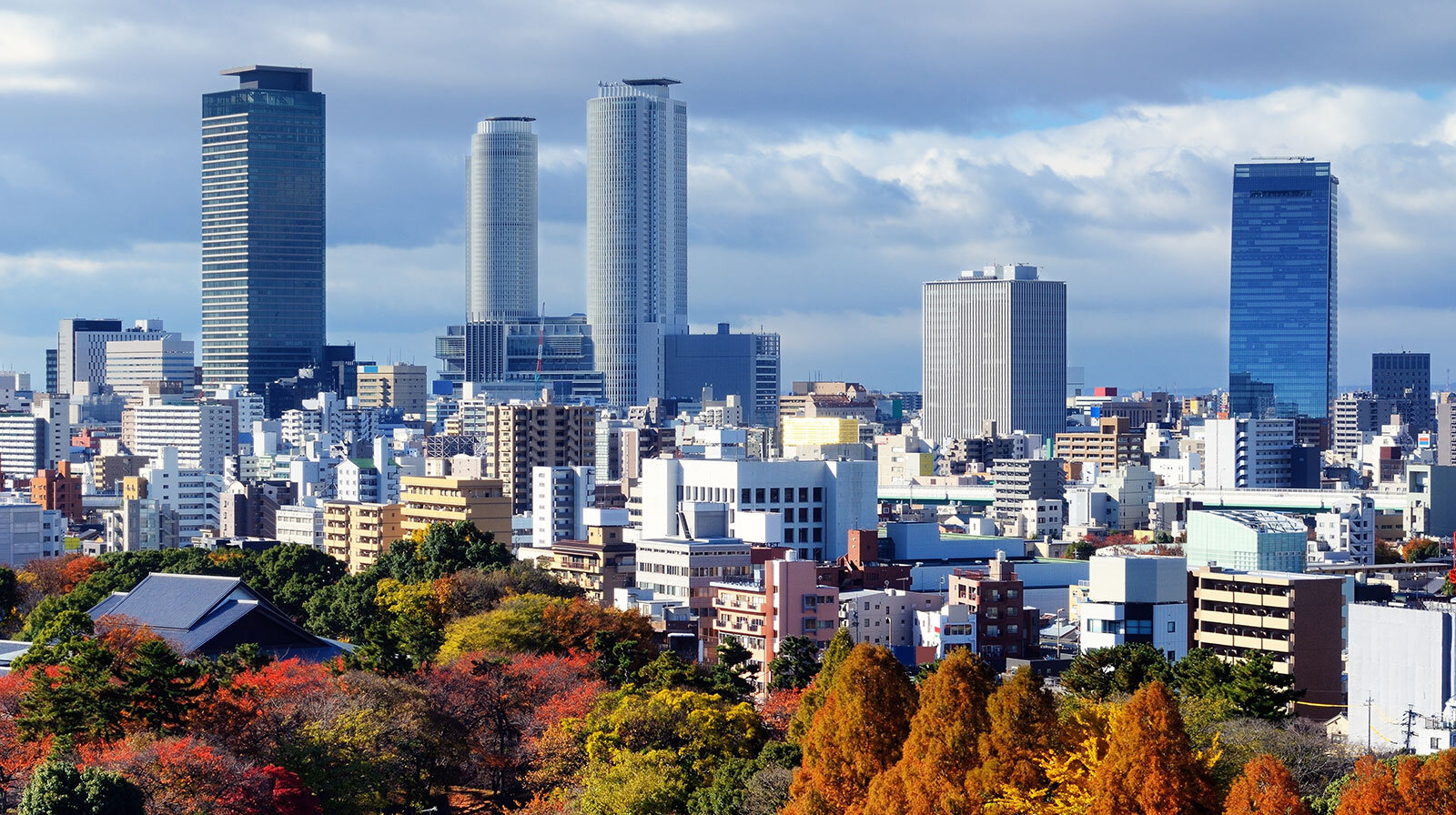Nagoya Means Business
Reflecting on the region’s supportive business climate
By Robert Roche
Now more than ever, Nagoya means business. The Chubu region, and specifically the city of Nagoya, has attracted many large tech companies and manufacturers—from automotive to aerospace—because it offers a skilled and talented workforce, affordable land, and a competitive cost of living. With a dedicated focus on creating an innovation ecosystem, Japan’s fourth-largest city has become an attractive location for small business owners and entrepreneurs.
Nagoya has traditionally been a center for manufacturing and industry, but as home to an innovative tech scene it is also fertile ground for startups. As an expat and a serial entrepreneur, I launched several businesses in the early 1990s, of which two are well-known today: Oak Lawn Marketing, Inc. and H&R Consultants K.K.
Oak Lawn Marketing was incorporated in Nagoya in 1993. Now, more than 30 years later, that small startup is a direct-marketing giant with more than 1,000 brick-and-mortar Shop Japan stores selling some 3,500 products in locations across the country.
Over the past three decades, I’ve managed, invested in, or founded more than 50 companies around the world. I chose Nagoya as the location for Oak Lawn Marketing because it’s where I lived when I first came to Japan. As an undergraduate and law student in the United States, I participated in study abroad programs at Nanzan University, where I met my wife.
Starting a business in a foreign country—in my second language—was challenging to say the least. Today it is much easier, and there are so many solid business reasons to choose the supportive environment of Nagoya.
Big Market for Small Business
With so many people from abroad now doing business in Japan, the business community in Nagoya has become much more accustomed to working with non-Japanese. It is also very open to entrepreneurs. While Nagoya is one of Japan’s largest cities, it is somewhat off the beaten track. Yet, with 2.3 million residents, it offers a market that is large enough to develop critical mass. In addition, the cost of living is a fraction of what it is in Tokyo.
Government support for small businesses and entrepreneurship has increased incrementally over the past 20–30 years, and these enhancements all add up to creating a solid environment for foreign entrepreneurs to do business in Japan.
In addition, the government fosters entrepreneurial collaboration through communal spaces, education, and networking opportunities. These include the Nagoya Innovator’s Garage, created by the Central Japan Economic Federation and Nagoya City, as well as Nagoya Connéct, powered by Venture Café Tokyo.
Local universities also provide educational and networking opportunities, while organizations—such as the American Chamber of Commerce in Japan’s Chubu chapter—offer outstanding opportunities for networking and mentorship.
Government support for small businesses and entrepreneurship has increased incrementally over the past 20–30 years, and these enhancements all add up to creating a solid environment for foreign entrepreneurs to do business in Japan.
Startup Ecosystem
Recently, I participated in a government task force on startups which brought local business leaders together to enhance regional entrepreneurship and innovation by combining different fields and creating new industries. The goal is for central Japan to expand beyond manufacturing into other industries.
I learned that, in 2019, startups in Aichi Prefecture raised the third-largest amount of funds in Japan. The abundance of ideas, technologies, and support services necessary for startups to grow is providing a tailwind for new businesses. Large companies based in Nagoya are instrumental in supporting the startup ecosystem, and smart human resources are further driving the local economy and actively engaging in innovation activities.
In 2020, Aichi–Nagoya was named a “startup ecosystem global hub city” by the Cabinet Office. This ecosystem aims to realize growth that drives the Japanese economy, and the creation of startups and new industries continues to promote innovation in this central region of Japan.
Government and local business leaders, as well as universities, are working together to form a globally cohesive innovation and startup ecosystem by utilizing the deep tech and manufacturing knowledge that is the strength of the region.
As a lifelong entrepreneur, I’m excited about the opportunities offered to a new generation of dreamers and doers. There has never been a better time to start a business, nor a better place to do it than Nagoya!
Nagoya Resources for Entrepreneurs
Developed by the Nagoya Innovator’s Garage and Nagoya City, this guide—available in digital and print formats—shares practical information about startups, coworking spaces, business programs, schools, and investors.
Created by the Central Japan Economic Federation and Nagoya City, this coworking space furthers entrepreneurial collaboration through social nights, innovation events, and more.
Located in Nagoya City, this renovated elementary school offers three types of offices and serves as an incubation space in which to encounter and blend with people to create new values and form new businesses.
Powered by Venture Café Tokyo, this innovation promotion and exchange program holds a free event on the fourth Friday of each month that includes panel sessions, workshops, and networking opportunities.
Part of Nagoya University, the National Innovation Complex is home to the Promotion Office for Open Innovation, which aims to establish a structure that enables companies and university researchers to promote and manage large-scale joint research projects.
Offered by five universities in the Tokai region, this multifaceted program supports the next generation of entrepreneurs.
Robert Roche
Executive chairman and president
Oak Lawn Marketing, Inc.
ACCJ vice-president-Chubu
THE ACCJ JOURNAL
Vol. 58 Issue 7
A flagship publication of The American Chamber of Commerce in Japan (ACCJ), The ACCJ Journal is a business magazine with a 58-year history.
Christopher Bryan Jones,
Publisher and editor-in-chief
Advertising & Content Partnerships




